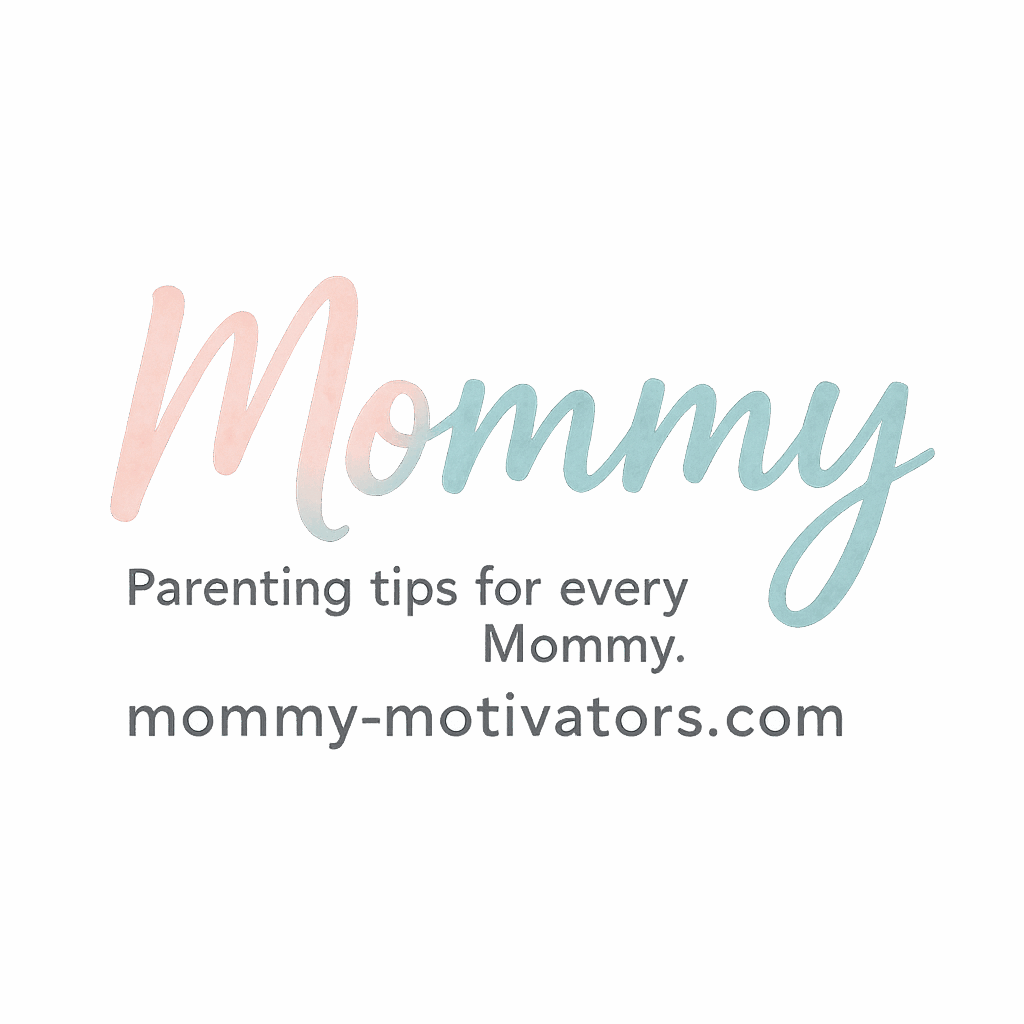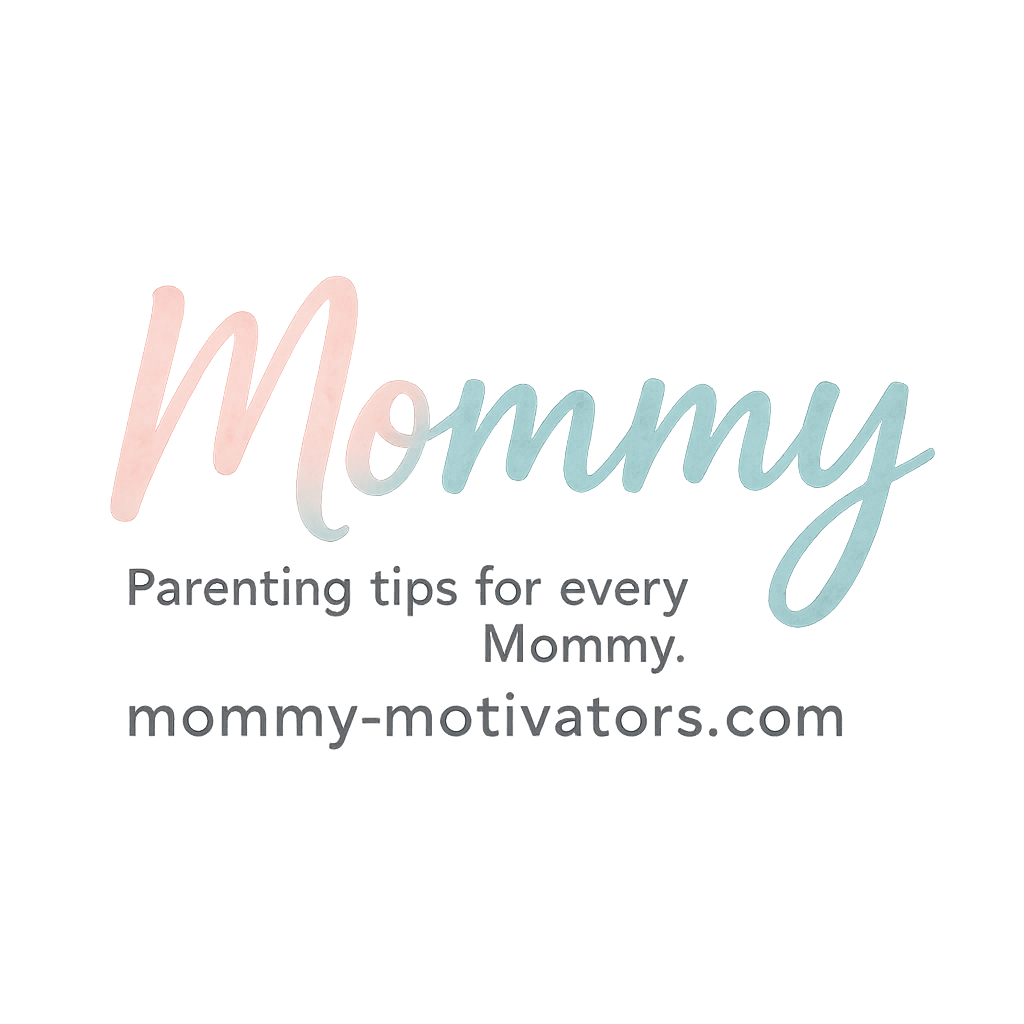Teaching responsibility isn’t about lectures or power struggles. It’s about letting life do the talking—through natural consequences. And believe me, momma, you don’t need to do all the heavy lifting. Sometimes, the best lessons come from simply stepping back (even when your fingers are itching to step in).
In this guide, we’re diving deep into how to use natural consequences effectively to teach your child responsibility. You’ll also find some real-mom tips, mistakes to avoid, and encouragement that you’re doing just fine.
Understanding Natural Consequences
What Are Natural Consequences?
Natural consequences are the results that happen without your direct involvement. They’re the built-in outcomes of your child’s actions—or inactions.
Imagine this: your child forgets their lunch. They feel hungry at school. That’s a natural consequence.
No yelling. No punishment. Just real life doing its job.
Why Natural Consequences Work So Well
Because kids experience the results for themselves.
You’re not the bad guy. You’re not nagging. You’re simply allowing a situation to unfold—and then offering emotional support while it does.
It builds:
- Ownership
- Critical thinking
- Emotional regulation
All essential skills for long-term responsibility.

Setting the Stage for Teaching Responsibility
Creating a Safe Space for Learning
Before you start letting consequences roll in, make sure your home is a safe, structured environment. Your child should:
- Know the expectations
- Feel emotionally secure
- Understand that mistakes are okay
Need help with setting up routines? Check out Daily Routines & Habits.
Letting Go of Control Without Letting Go of Guidance
Letting go doesn’t mean you’re giving up. You’re still there—guiding, comforting, and redirecting when necessary.
The magic is in the balance between freedom and support.
Natural Consequence #1: Forgotten Homework
The Lesson: Accountability for School Tasks
When your child forgets their homework, they’ll experience the consequence at school—maybe a missed grade or a note from the teacher.
Let them feel it. Then talk about it afterward.
How to Let It Play Out
- Don’t drive it to school.
- Don’t rush to fix it.
- Say, “I believe you’ll remember next time.”
Mommy Tip: Avoid the Rescue Reflex
It’s tempting to save them. But this small discomfort builds massive growth.
Natural Consequence #2: Not Putting Away Toys
The Lesson: Respecting Shared Spaces
Toys left out can get stepped on, lost, or taken away for a time. It teaches your child that taking care of their things matters.
How This Builds Responsibility
- They begin to link action and outcome.
- They learn to care for their space and things.
Mommy Tip: Storage = Privilege
Let them “earn back” certain toys after they’ve been left out. It’s not punishment—it’s cause and effect.
Natural Consequence #3: Skipping Chores
The Lesson: Understanding Contribution
If your child skips setting the table or helping with dishes, they miss out on how their efforts impact the whole family.
Let the Household Feel the Absence
- Don’t nag. Just let the gap show.
- “We can’t eat until the table’s set.”
Mommy Tip: Connect Chores to Daily Privileges
No screen time until the job is done. Again—not punishment, just reality. You work, you play.
Need help? Visit Discipline & Behavior Tips.
Natural Consequence #4: Not Wearing a Coat
The Lesson: Learning Through Physical Experience
Ever had a coat battle? Let them go without—once.
They’ll feel cold. And guess what? Next time, they’ll grab that jacket all on their own.
How to Implement Without Risk
- Use this method when it’s chilly, not freezing.
- Stay close and watch for real distress.
Mommy Tip: Bring It Just in Case
You’re not abandoning them—you’re just letting the lesson land.
Natural Consequence #5: Losing Items
The Lesson: Valuing Their Belongings
Lost a favorite toy or lunchbox? That sting can be powerful.
Make Replacements Earned, Not Automatic
- Don’t rush to replace.
- Let them help earn or work toward a new one.
Mommy Tip: Memory Jars and Reminder Boards
These gentle tools support memory and routine without nagging. They empower your child to self-manage.
How to Talk to Kids About Natural Consequences
Let Curiosity Lead the Conversation
Instead of “I told you so,” try:
- “What happened when you forgot your homework?”
- “What could you do differently next time?”
Empathy Over Judgment
Say, “I’ve been there too,” or “That must’ve been tough.” This builds trust.
For more insight, explore Learning & Development Advice.
Common Mistakes Mommies Make with Natural Consequences
Rescue Mode
It’s okay to let them feel disappointment or frustration. It’s part of the learning process.
Punishment Disguised as Consequence
Natural consequences come from life—not your wrath.
Avoid making things harder than they need to be.
When Natural Consequences Aren’t Enough
Know the Limits for Safety and Age
If something puts them at real risk, step in.
You’re the safe harbor. Always.
Combine with Gentle Reminders and Routines
Sometimes, natural consequences work best alongside:
- Visual charts
- Morning routines
- Responsibility trackers
Explore New Mommy Basics for ideas.
Encouraging Long-Term Growth Through Responsibility
Celebrate Progress, Not Perfection
Responsibility isn’t about being flawless. It’s about being aware and accountable.
Tie Consequences to Future Goals
Show how learning from mistakes today leads to freedom, trust, and independence tomorrow.
Conclusion: Building Independent, Responsible Kids
You don’t have to nag, yell, or constantly remind. Natural consequences are quiet teachers—but powerful ones.
By using these five real-life examples, you’ll be giving your child a gift that lasts a lifetime: personal responsibility.
You’re not just raising a child—you’re raising a future adult who thinks critically, acts responsibly, and understands that choices have consequences.
Let life do the teaching. You just be the loving guide along the way.
FAQs
1. What’s the difference between natural and logical consequences?
Natural consequences happen on their own. Logical consequences are parent-driven responses tied directly to behavior.
2. At what age can I start using natural consequences?
As early as age 2 or 3, with simple outcomes like not picking up toys or refusing a snack.
3. Can natural consequences feel like punishment to my child?
Only if delivered harshly. Stay calm, empathetic, and consistent. Let the consequence speak for itself.
4. What if my child doesn’t seem to care about the consequence?
Sometimes it takes repetition. Keep it consistent and give them space to process.
5. Is it okay to give warnings before letting a consequence happen?
Absolutely. You can say, “If you forget your lunch, you won’t have it at school,” and then follow through.
6. Should I always allow natural consequences?
Not in dangerous situations. Safety always comes first. Use discretion.
7. Where can I find more resources on parenting and teaching responsibility?
Visit Mommy Motivators and explore tags like behavior, consequences, and responsibility for more helpful tips.


